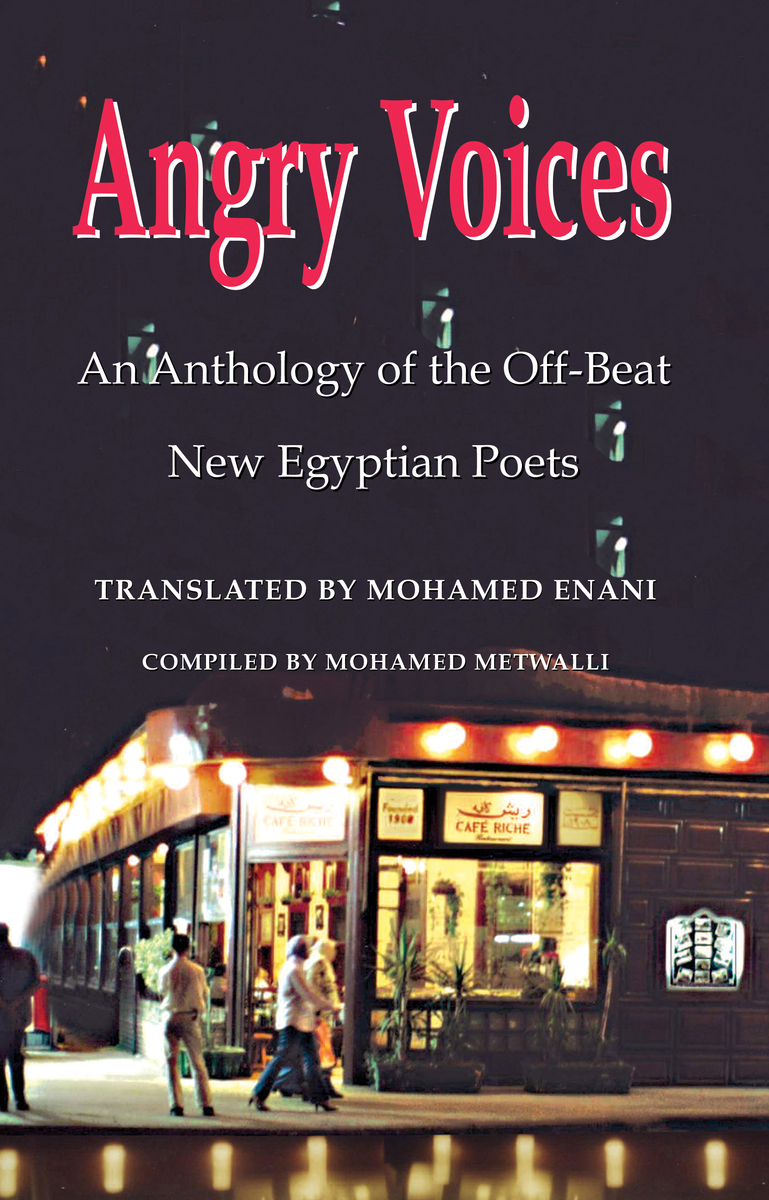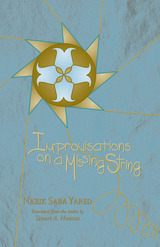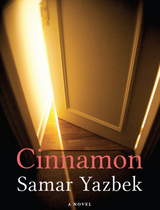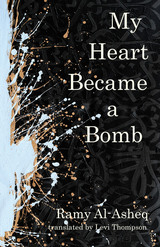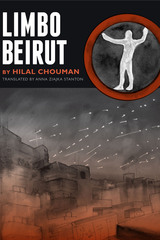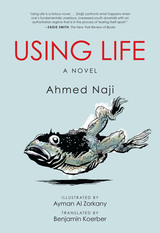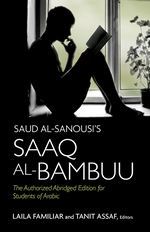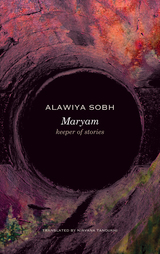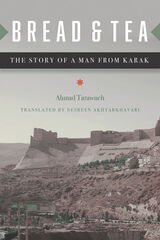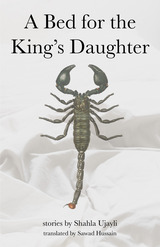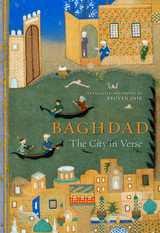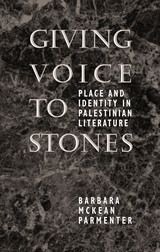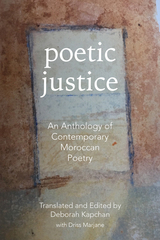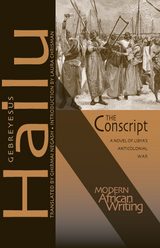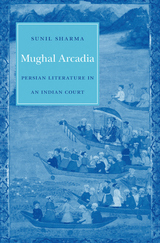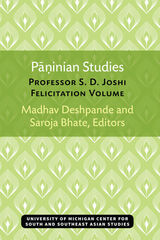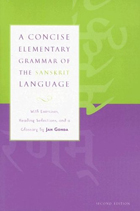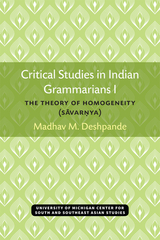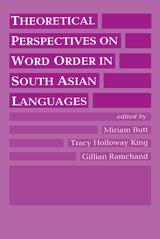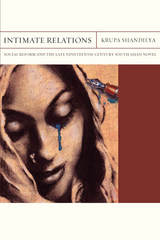Angry Voices: An Anthology of the Off-Beat New Egyptian Poets
University of Arkansas Press, 2003
eISBN: 978-1-61075-018-9 | Paper: 978-1-55728-743-4
Library of Congress Classification PJ8214.5.E5A54 2003
Dewey Decimal Classification 892.71608
eISBN: 978-1-61075-018-9 | Paper: 978-1-55728-743-4
Library of Congress Classification PJ8214.5.E5A54 2003
Dewey Decimal Classification 892.71608
ABOUT THIS BOOK | AUTHOR BIOGRAPHY | REVIEWS | TOC | REQUEST ACCESSIBLE FILE
ABOUT THIS BOOK
A new movement is emerging in Egyptian literature—urban in its energies; cosmopolitan in its national, Arabic, and western influences; and independent and rowdy in its voice. For centuries, Arabic literature mandated traditional, unchanging, highly structured language and forms. In the 1960s and 1970s, writers rebelled to write in a variety of vernaculars. Now, young Egyptian poets are inventing new ways of writing. Rejecting both traditional Arabic formalism and the vernacular rebellion—and, contradictorily, drawing equally on these traditions and others—they radically combine and recombine influences and bring new experiences into their poetry. They embrace experimentation. Rejected at first by the literary establishment, these poets founded their own magazines, one of which appropriated a derisive term that had been used to dismiss them: Locusts. Now one of Egypt's most honored translators and writers has joined with one of those Locusts to gather a selection of this postmodern writing in one place for the first time. With its edginess and play of styles, this collection showcases a dynamic, emergent scene.
See other books on: Anthology | Arabic poetry | Egypt | Middle Eastern | Translations into English
See other titles from University of Arkansas Press
